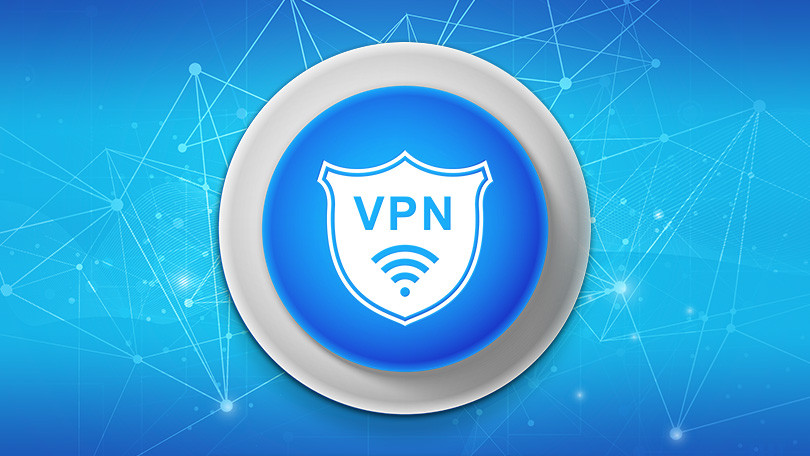
VPNs have a wide range of benefits, and while they work fine most of the time, you can encounter problems at some point. So, if your VPN isn’t connecting, you can use the steps discussed below to troubleshooting steps to get it running again.
But first…
What are the causes of your VPN connection problems?
VPN failures are usually connected to browser or software related issues, so fixing them shouldn’t take much time and effort. For instance, your Windows VPN may be malfunctioning due to an overloaded server, outdated VPN software, or simply because you’ve used the wrong VPN protocol. Also, before actually fixing the malfunctioning issues, it is first important to learn how to tell if VPN is working so you could detect the issue in the first place.
Let’s check out some troubleshooting tips:
Check the internet connection
This may seem like an obvious thing, but a lot of times you’ll find that your VPN is not working because you’re not connected to the Internet. Therefore, you need to ensure that your VPN-enabled device has Internet connectivity. Check your Wi-Fi network and see if it’s working properly. You could try using an Ethernet connection instead if your router is causing connection problems. Just connect directly to your cable and the Ethernet may solve your problem.
Change the server connection
VPN Connect with different servers and sometimes the server you’re using is having problems. For instance, one of the servers may be temporarily down or it may have too many connections weighing it down. Try using a different server to see whether it’ll solve your problem.
Restart your VPN
If you change your VPN server and it still doesn’t connect, you may want to try restarting the browser plugin or the VPN software. Just log out and restart the software again. For browser plugins, simply close the browser fully and then reopen it again for them to restart. If that doesn’t work, clear your browser cache and see if the plugin works.
Ensure your VPN is up-to-date
VPN software and apps receive updates regularly to eliminate the possibility of bugs and add new cool features. That’s why you should make sure that you have the latest version of the VPN installed. Otherwise, you are bound to face some connection issues when using your VPN service.
Ensure that your browser is up-to-date
If you’re facing browser-based issues, check if your browser is up-to-date and endorsed by the VPN provider. If any updates are available, install them right away. If this does not work, consider changing your ports because your ISP may have blocked traffic on specific ports.
Disable your firewall temporarily
Your firewall is very important for security reasons, but it may cause problems with your VPN. It may slow down the connection and cause the VPN to shut down. The thing about firewalls is that they scan all the data that goes in and out the private network and once it detects something that should not be there, it prevents transmission. There is a possibility that your firewall is having trouble keeping up with your VPN.
You can get in touch with the VPN provider and ask them if they recommend using a particular port number in such instances. If this is not the problem, then delve into your router’s settings to identify any anomalies.